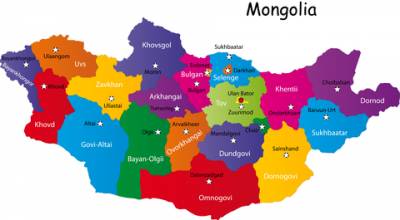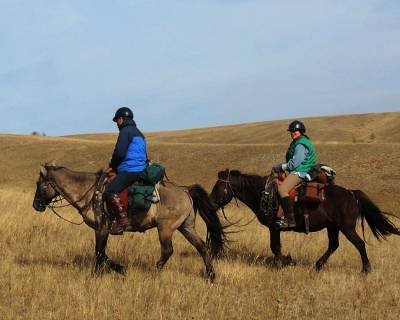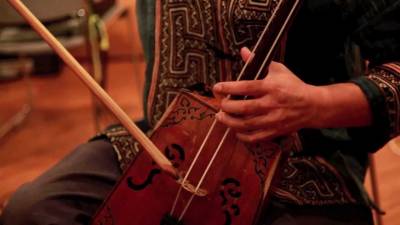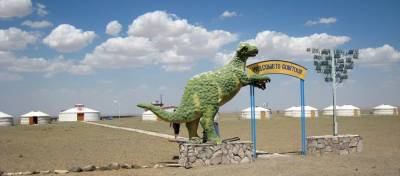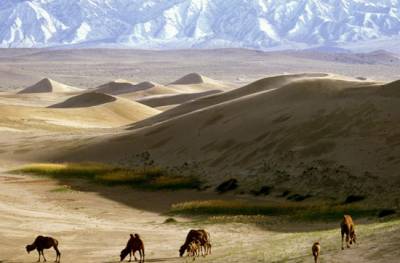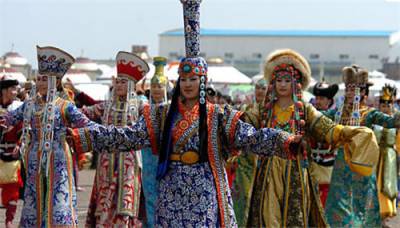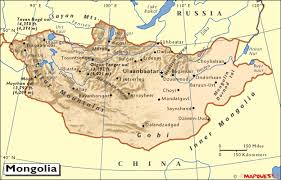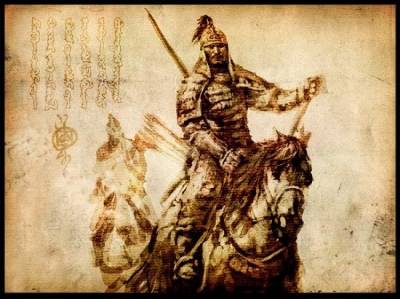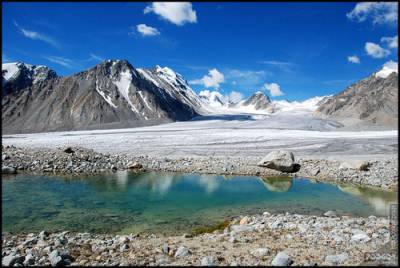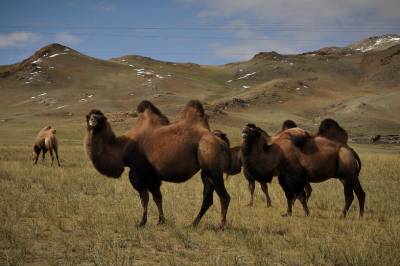|
Completely landlocked between two large neighbors – Russian Federation and China. It was immeasurably bigger during the period of Mongol conquest under Genghis Khan and Kublai Khan. Until the 20th century Mongolia was twice its present size and included a large chunk of Siberia and Inner Mongolia (now controlled by China. |
|
Finding Mongolia on horseback is a genuine taste of Mongolia. The solid Mongol steeds which were the most effective friends when Chinggis Khaan and his successors vanquished 50% of the world. On this stallion riding visit, we will make a beeline for Naiman Nuur/Eight Lakes lie 2400 m above ocean level in Khangai mountain range. |
|
Youthful Mongolian young ladies twist their bodies in ways that will resist nature. Flexibility has been a custom in Mongolia for a few hundreds years. Mongolian distortion people gymnastic performer is generally viewed as a greater amount of a craftsmanship than an aerobatic deed. Understudies of bending regularly start preparing as ahead of schedule as age five to set up their joints and ligaments to withstand the thorough physical requests of performing, coming to |
|
Bayangobi It is an extraordinary spot with a wide range of types of characteristic scene; gobi sand rises, woods, and rough mountains. There are chances to climb in the little sand rises and ride a camel. We will visit Erdene Khambyn Khuree. The religious community is situated in the lofty Khugnu Khaan mountains. Edified Bogd Gegeen Zanabazar, a religious pioneer, scholar, craftsman and artist; established the Uvgun and Zaluu sanctuaries to respect his religious instructor. |
|
Gobi Gurvan Saihan national park is found 45km to west from Dalanzadgad city, covering a territory of 2 million hectares. It extends 380km from east to west and 80 km from north to south. The recreation center involves rock and rubble fields, salt wetlands, wide and thin valleys with springs and desert gardens. |
|
Mongolian society and history has been framed in vast part by the dynamic strengths of nature and battle that are typified in the old itinerant existance of the Mongol people groups. From the season of the most punctual known indications of human vicinity in the Mongolian heartland till today, the range we call Mongolia has been the origination of numerous acclaimed tribes like the Huns, Scythians, Mongols and Turks that went ahead to wind up intense impetuses for change in world history. |
|
Traveling tribes that occasionally looted horticulturally based China from the west are recorded in Chinese history going back over 2,000 years. It was to shield China from these ravaging people groups that the Great Wall was developed around 200 B.C. The name Mongol originates from a little tribe whose pioneer, Ghengis Khan, started a triumph that would inevitably include a gigantic domain extending from Asia |
|
Despite the fact that everything remained against him, he was to make the biggest Empire ever on Earth. He was called Temudjin. His youth may have been horrendous, his solid willing identity made him survive. Regularly sold out, he generally kept his pledge and requested his colleagues the same behavior. In that Middle-Age, where, crosswise over Asia |
|
Altai Tavan Bogd National Park1.1264328071.mongolian-altai-tavan-bogd-mountainThe tough excellence of Bayan-Olgii aimag with its pointedmountain focuses going after the sky and immeasurable valleys bungled withmeandering streams has dependably emerged of the western aimags of Mongolia. Bayan-Olgiiis the home to the second biggest ethnic gathering the Khazakhs with their uniqueculture who keep on chasing with prepared brilliant birds other than crowding goats. |
|
Creatures adjusted to all sort of biological systems, for example, woods, steppe, desert, snow capped, tundra, bone and water encompassing forest, have built up themselves in Mongolia. Numerous creatures, which are as often as possible spread all through the Siberian taiga, European-sort woodlands, western Asia and Turan desert, are incorporated in the previously stated creatures. Likewise there are numerous endemic species, which are found in just forsakes and steppes of Central and Eastern Asia. |


